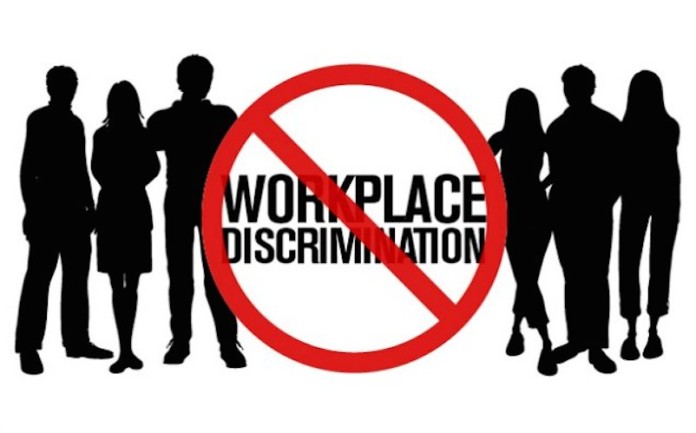 It seems crazy that not hiring a diverse workforce or discriminating within your workforce can cost the UK economy money, and a lot at that! Figures below from INvolve and Cebr show the extent of the issue:
It seems crazy that not hiring a diverse workforce or discriminating within your workforce can cost the UK economy money, and a lot at that! Figures below from INvolve and Cebr show the extent of the issue:
- The economic cost of discrimination in the workplace to the UK Economy is £127 billion
- Broken down: the cost of discrimination (gender) is £123, cost of discrimination against ethnic minorities is £2.6 billion and £2 billion due to discrimination as a result of sexual orientation
- The UK’s most diverse workplaces (across gender, ethnicity and sexual orientation) are 12% more likely to financially outperform their industry average than the least diverse firms.
- Firms with the most developed diversity policies are 15% more likely to financially outperform those with less of a diversity focus.
Despite the above positive correlation between good diversity policy and performance there is strong evidence that discrimination against women, ethnic minorities and sexual orientation minorities is still common. The main economic problem from discriminatory practices in the workplace is due to a lack of human resources. This demonstrates itself in many ways, including lower productivity and wages. Focusing on gender, ethnicity and sexual orientation wage gaps, the below quantifies the corresponding costs to the economy of discrimination against these groups:
- Gender: Women earn on average 20% less than men. This suggests gender-based workplace discrimination costs the UK economy up to £123 billion in lost output.
- Ethnicity: After finding significant wage gaps in favour of white people for almost all ethnicities the report places the cost of discrimination against ethnic minorities at £2.6 billion. Even when controlling for education levels this pay gap is still prevalent with white people earning on average £67-£209 more per week when compared to similarly qualified individuals of a different ethnic background. However, those with a mixed ethnic background showed average earnings at £152 above white counterparts.
- Sexual Orientation: The pay gap around sexual orientation indicates a loss in output worth £2 billion each year.
 It seems crazy that not hiring a diverse workforce or discriminating within your workforce can cost the UK economy money, and a lot at that! Figures below from INvolve and Cebr show the extent of the issue:
It seems crazy that not hiring a diverse workforce or discriminating within your workforce can cost the UK economy money, and a lot at that! Figures below from INvolve and Cebr show the extent of the issue: